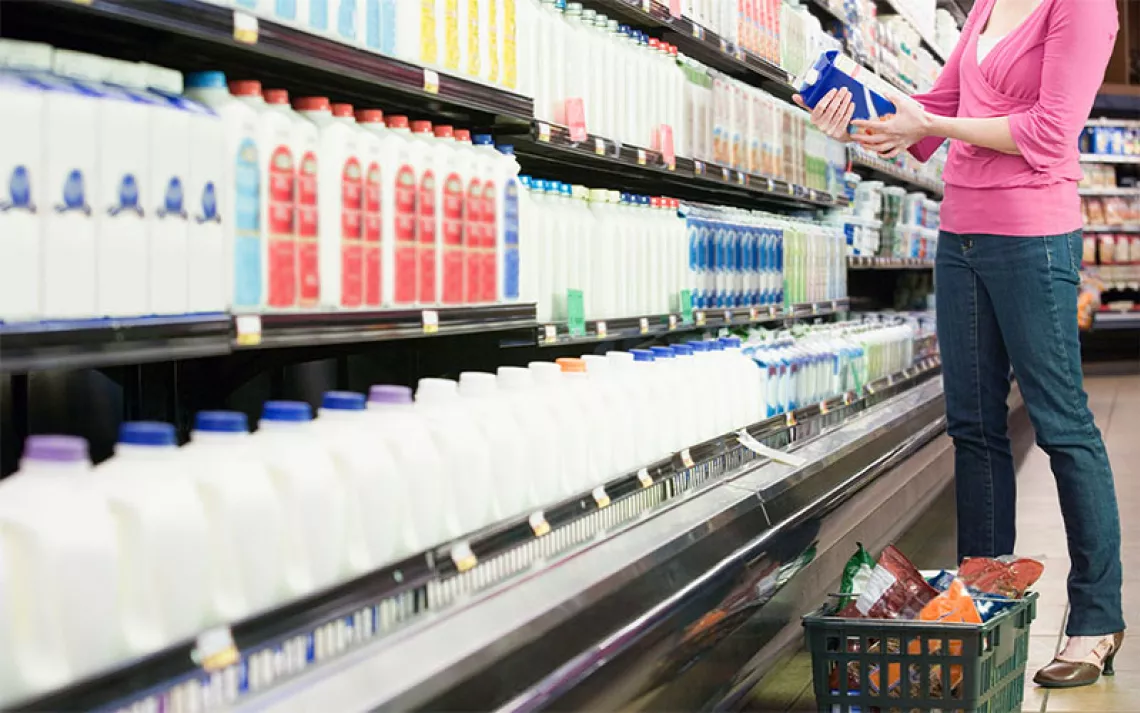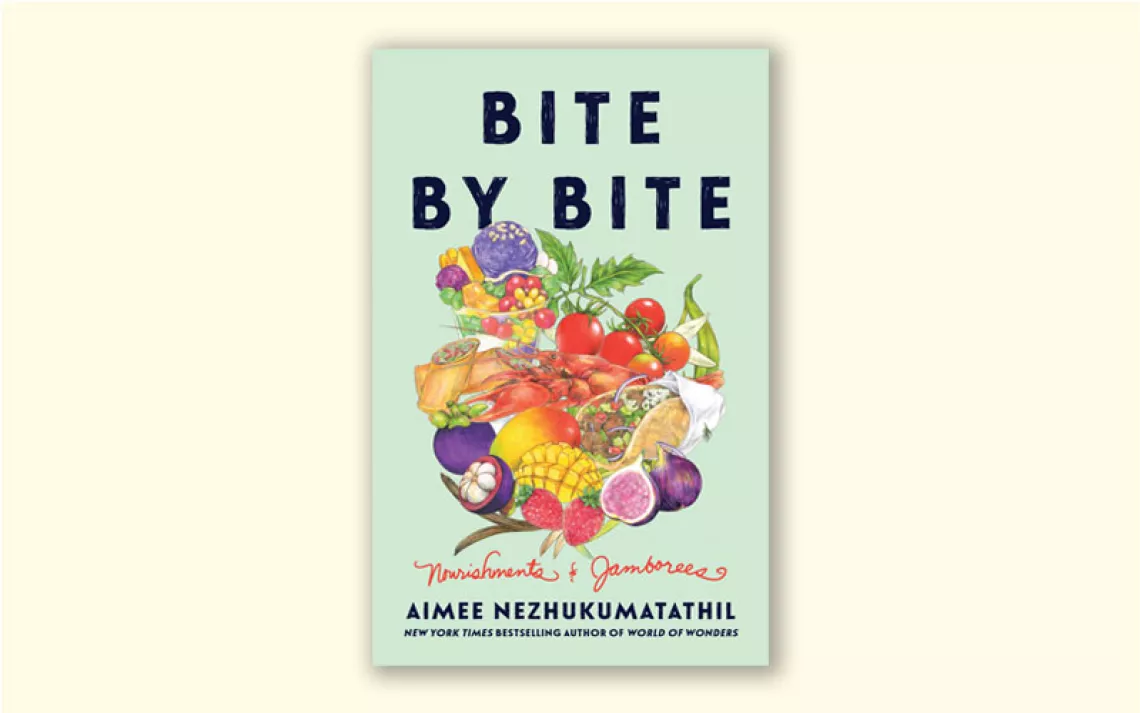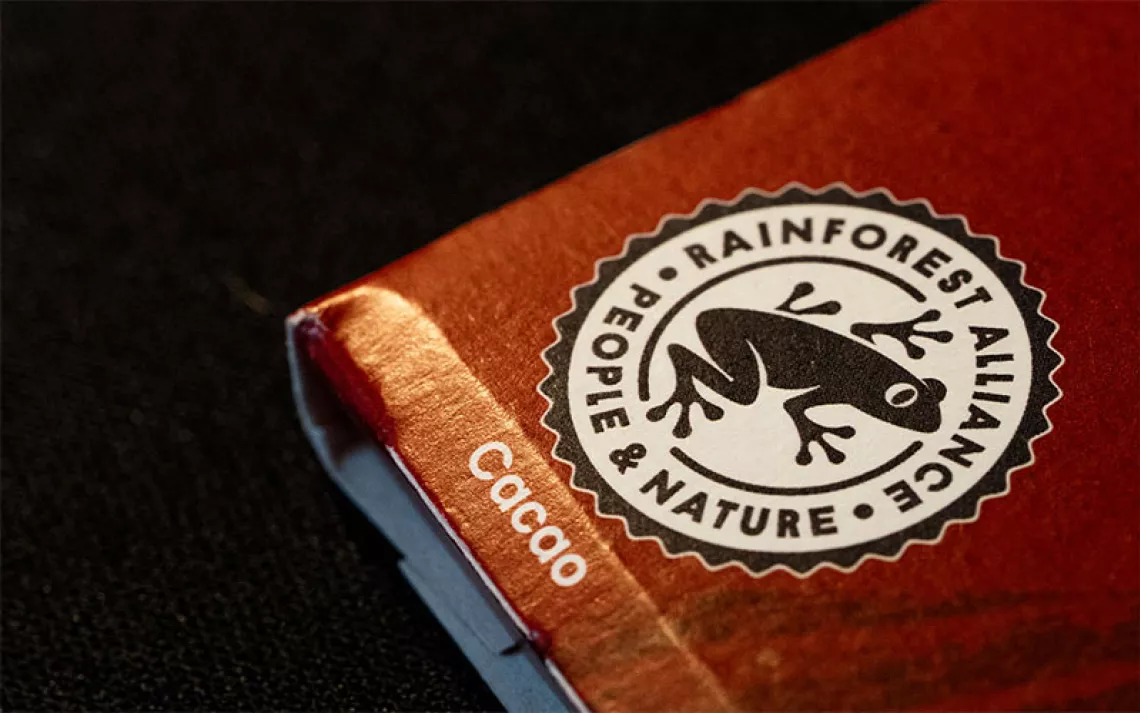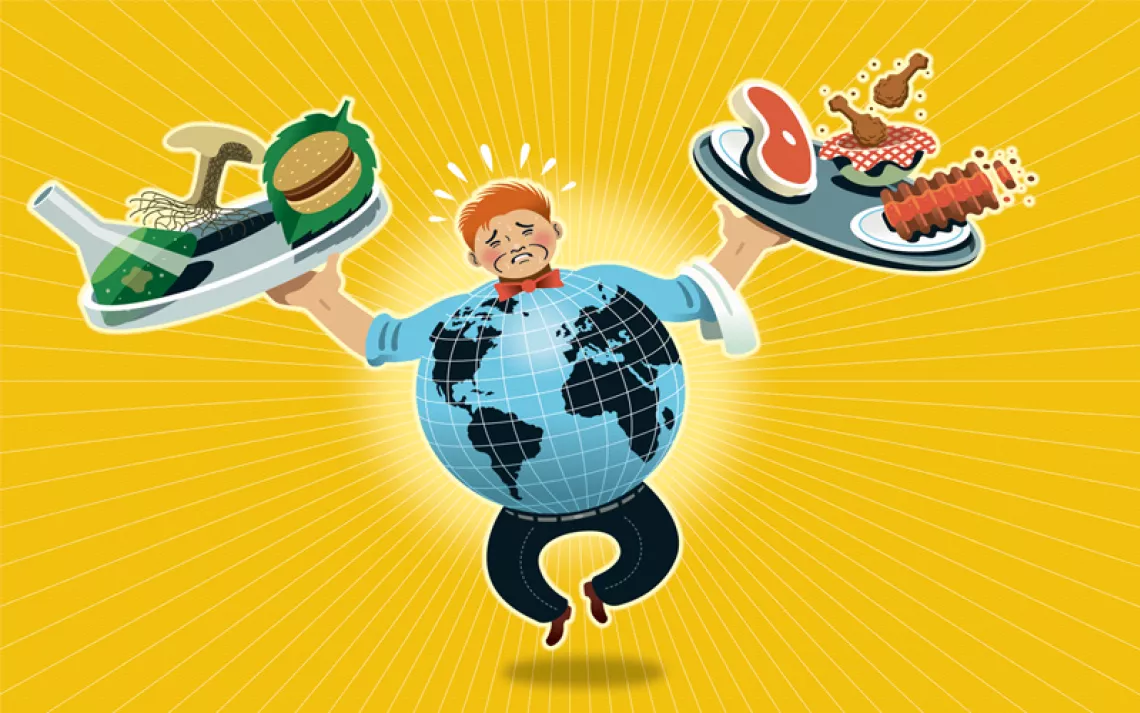Hey Mr. Green, How Can I Have a No-Waste Wedding?

Illustration by Little Friends of Printmaking
Hey Mr. Green,
My fiancé and I are planning our wedding. I've researched compostable dishes and flatware, but some sources say that these don't break down and aren't "green." Can you help us make a responsible decision?
—Brooke in Honolulu, Hawaii
I agree with your skeptical sources. Just because a plastic is "compostable" doesn't mean it undergoes a righteous rebirth. In a landfill, it won't deteriorate anytime soon, because most landfills prevent stuff from composting. And compostable utensils won't dissolve in ordinary home compost heaps, only in facilities with high temperatures. Also beware: "Biodegradable" does not mean "compostable," just that the plastic eventually breaks down.
But let's consider the potential benefits of compostable utensils. One manufacturer reports a 50 percent reduction in energy use and global-warming emissions from corn-based plastic. Other studies affirm such data.
True, bio-based plastics aren't made from petroleum, but since a lot of bio-plastics come from crops, there's the ethical issue of turning food into plastic. If all plastic was made from, say, corn, it would require up to 80 percent of the world's crop. Today, bio-plastic is a tiny fraction of plastic, but then ethanol, which now consumes well over a third of the U.S. corn crop, was also once a small fraction.
So why not make a bold environmental statement by scrounging dinnerware and flatware from rummage sales or secondhand stores? It won't match, but it'll make for a memorable wedding. And if your guests get rowdy and bust up some ceramics, no worries. If you do choose compostables, check their origins with the Biodegradable Products Institute (or call 888-274-5646). —Bob Schildgen
 The Magazine of The Sierra Club
The Magazine of The Sierra Club



